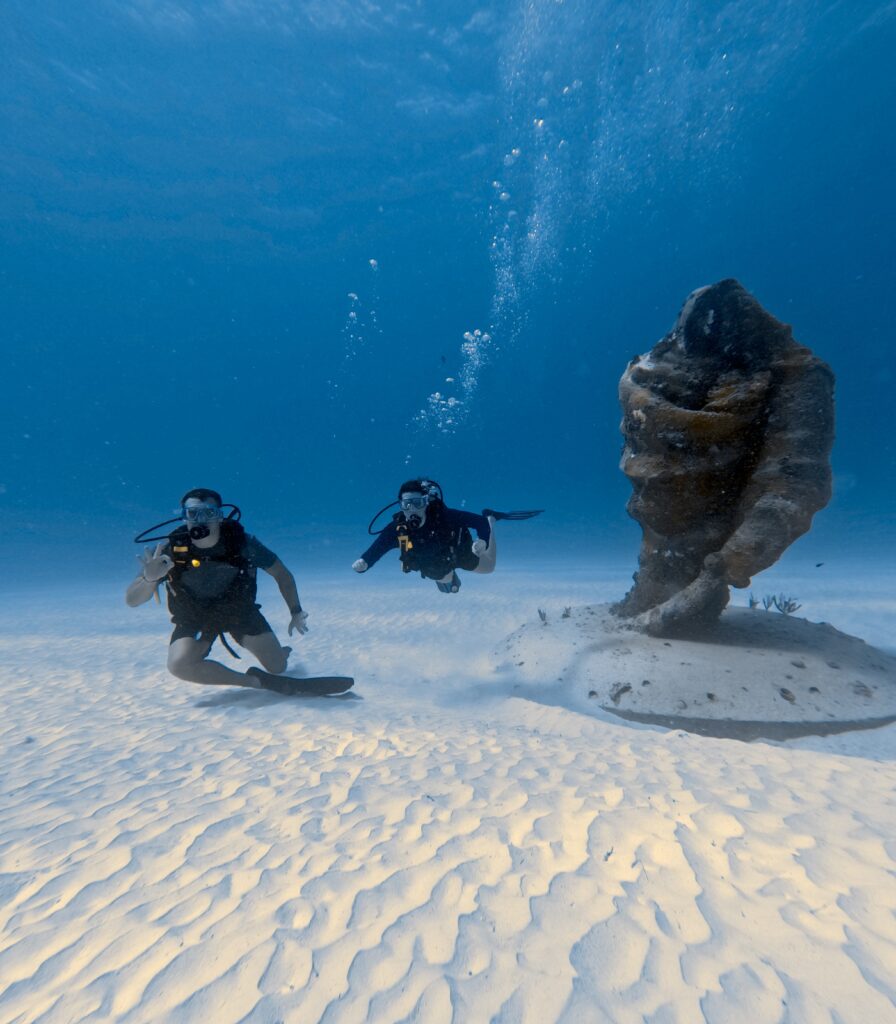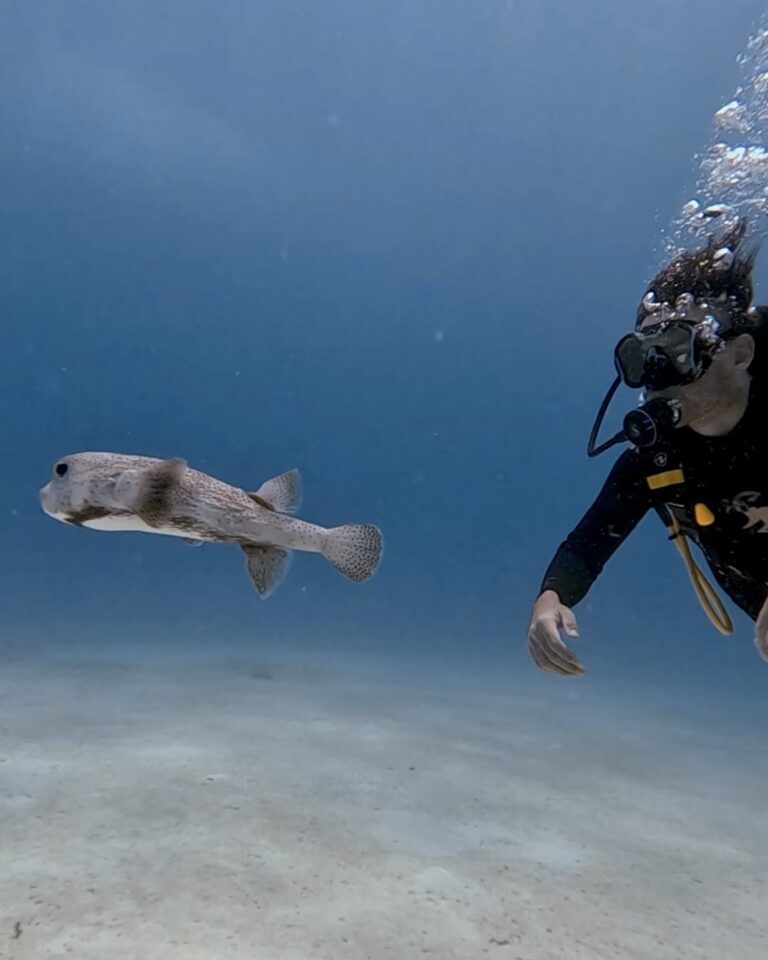Scuba diving is an exhilarating sport that offers the chance to explore underwater worlds, but it also comes with its own set of risks. Understanding and avoiding common mistakes is essential for a safe and enjoyable diving experience. Here’s a comprehensive guide to help you dive safely.
Before you even set foot in the water, thorough planning is crucial. Research the dive site to understand the conditions, depth, currents, and potential hazards. Communicate with your buddy about dive plans, including entry and exit points, maximum depth, and dive time. Additionally, inspect your gear before diving to ensure everything is functioning correctly, including tanks, regulators, and BCDs.
Diving requires physical fitness and awareness of health conditions that may affect your ability to dive. It’s essential to obtain medical clearance if you have any pre-existing conditions that could pose risks while diving, such as heart or respiratory issues. Staying hydrated is also crucial, as dehydration can increase the risk of decompression sickness, so drink plenty of water before your dive.
Failing to equalize your ears properly can lead to discomfort and potential injury. To avoid this, equalize early and often; don’t wait until you feel discomfort to start. Use the Valsalva or Toynbee maneuver regularly as you descend. Another critical aspect of diving safety is ascending slowly. Follow the rule of three: ascend no faster than 30 feet (10 meters) per minute and perform a safety stop at 15 feet (5 meters) for three minutes. Always monitor your air supply to avoid making a rushed ascent due to low air.
Proper maintenance of your dive gear is essential for safety. Conduct regular inspections of your equipment for wear and tear, and ensure it’s serviced according to the manufacturer’s recommendations. Proper storage is also important; store your gear in a cool, dry place to prevent damage from moisture or heat.
Always dive within your training and experience limits. If you’re a beginner, stick to shallow dives in calm conditions. As you gain experience and certifications, gradually explore more challenging dives. Consider taking specialty courses to enhance your skills and confidence in specific areas, such as deep diving or wreck diving.
Being aware of your surroundings is vital for safety while diving. Monitor conditions like weather, currents, and visibility, and be prepared to alter your dive plan if conditions change. Observe marine life from a respectful distance; do not touch or disturb them, as this can be harmful to both you and the creatures.
Finally, know how to respond in case of an emergency. Familiarize yourself with emergency protocols, including how to handle out-of-air situations, lost buddy scenarios, and dealing with marine hazards. Conduct regular safety drills with your dive buddy to ensure both of you are prepared for emergencies.
Scuba diving can be one of the most rewarding experiences of your life, but safety should always come first. By being aware of these common mistakes and taking proactive measures, you can ensure a safe and enjoyable dive. Remember, a well-planned and cautious approach to diving will not only enhance your experience but also protect your life and the lives of others underwater. Dive safely and enjoy the wonders that await beneath the waves!





